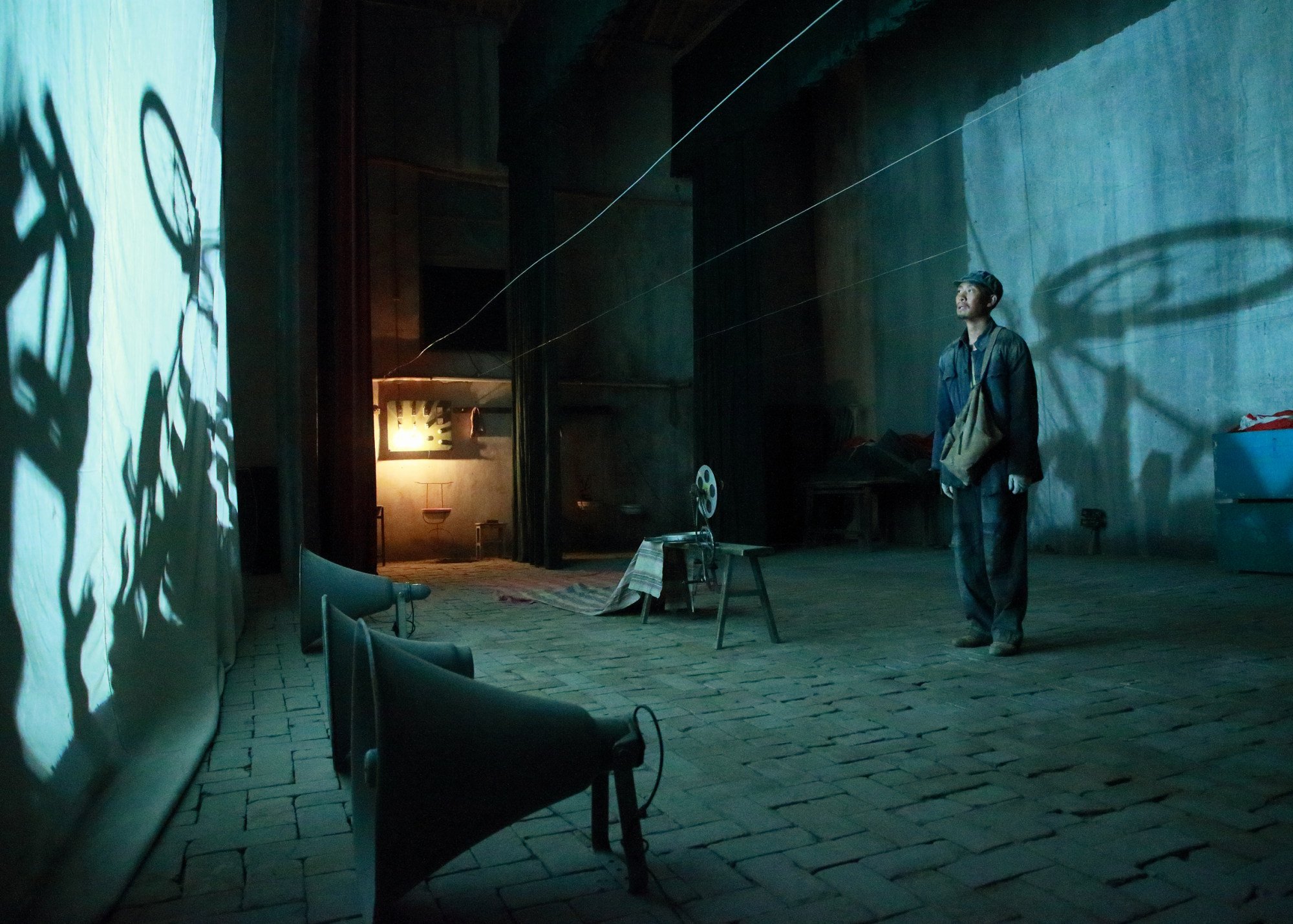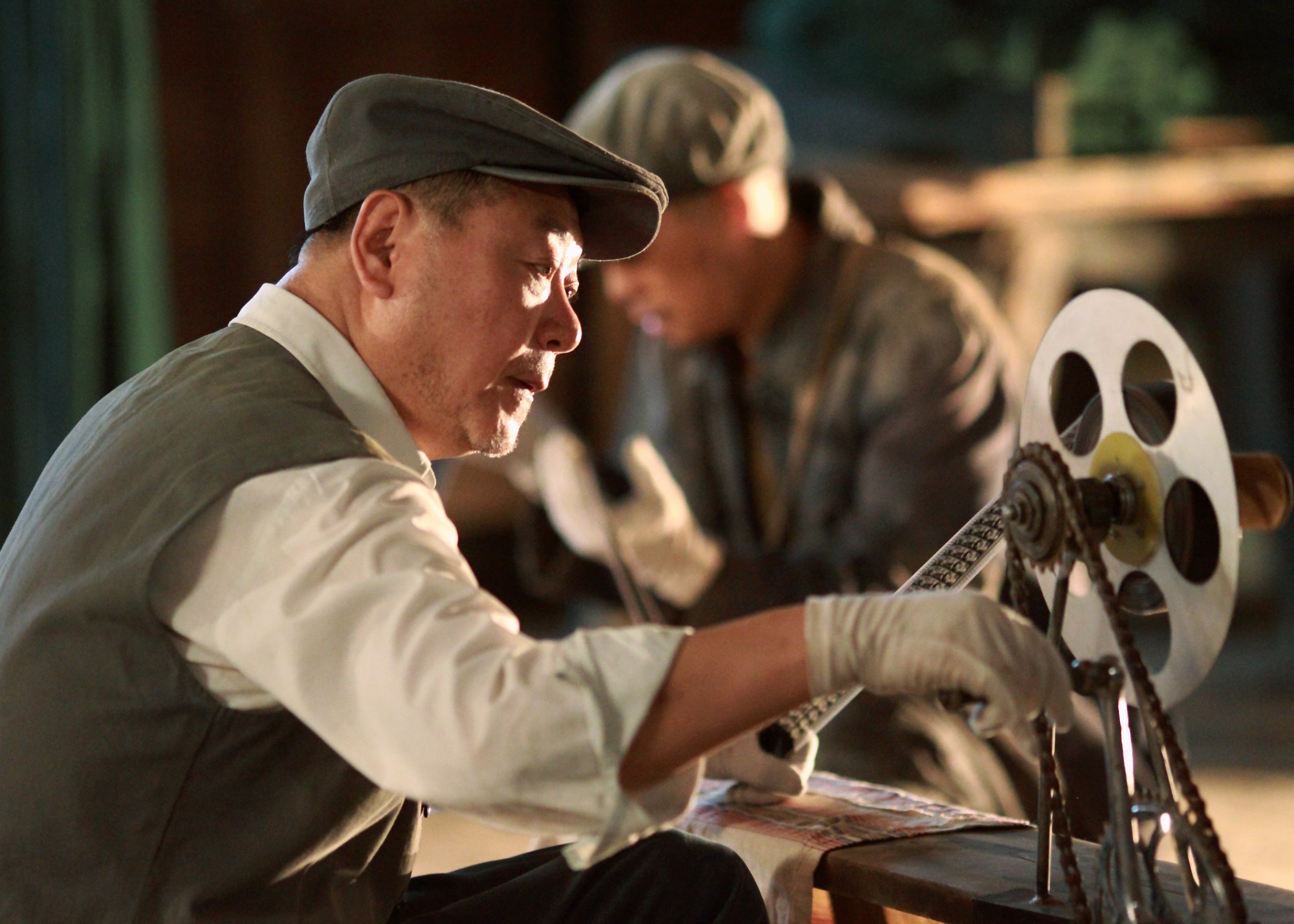
Review | One Second movie review: Zhang Yimou’s Cultural Revolution-era drama, starring Zhang Yi and Liu Haocun, is an engrossing love letter to cinema
- Veteran Chinese director Zhang Yimou’s film, which was pulled before its premiere in 2019, has finally made it to the big screen
- It follows an escapee from a prison farm and an orphan brought together by a film canister during the Cultural Revolution
4/5 stars
Framed as Zhang’s love letter to cinema, the film sees an escaped convict and an orphaned ruffian brought together by a stolen film canister in the desert wastelands of Gansu province.
Despite the lengthy delay and sanctioned reshoots, Zhang’s film still presents a less than flattering portrait of life during the Cultural Revolution; even as it celebrates the transporting power of cinema, it acknowledges its misuse as a tool for propaganda.
Gorgeously shot in the arid wilderness of northwest China, the film follows Zhang Yi’s unnamed fugitive as he emerges from the sand dunes at a small, isolated town, where he hopes to watch a newsreel playing at the local makeshift cinema.
No sooner has he arrived than he witnesses one of the film reels being stolen by Liu (Liu), a young orphan girl, and he sets off after her. This often absurdly comical caper soon comes to the attention of a local official and resident projectionist “Mr Movie” (Fan Wei), who alone wields the power to show our desperate protagonist what he has come all this way to see but also to send him back to the labour camps.

Irrespective of what initially led the film to be withdrawn for “technical reasons”, a euphemistic catch-all term generally understood to mean a run-in with the censors, One Second retains the power to provoke and enchant in equal measure.
Notwithstanding a tacked-on epilogue which goes to great lengths to assure us that a brighter future is imminent, Zhang presents a society struggling to make ends meet and heavy-handed in its application of law and order.
While screening the 1964 propaganda film Heroic Sons and Daughters to a packed house of elated villagers, even Mr Movie concedes that it is not necessarily the stirring narrative that has the audience entranced but the magic of the art form itself.

Zhang, who has fallen foul of the censors in the past yet also played his part in celebrating Chinese nationalism, is beholden almost to the point of reverence to the mechanics of film projection and its intangible power to delight.

